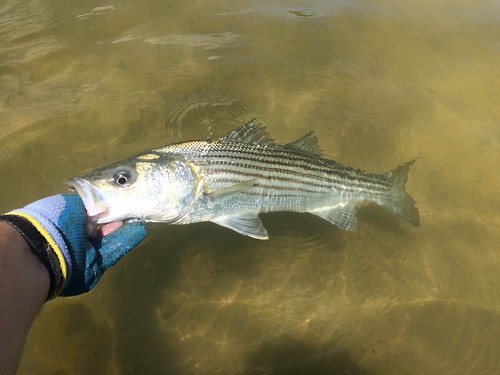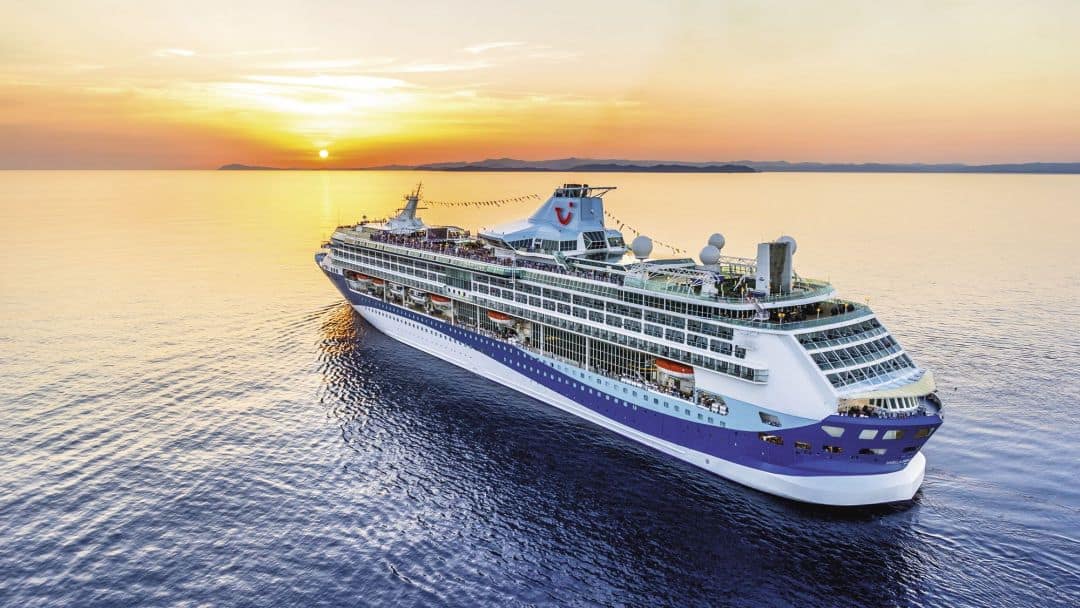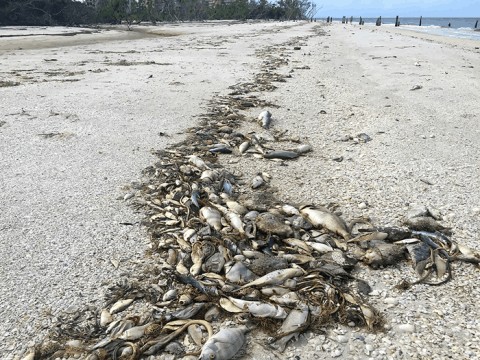For the second year in a row, the Maryland Department of Natural Resources (DNR) has announced plans for a two-week closure during the recreational rockfish season, to take pressure off the struggling striper population.
The temporary closure is meant to comply with the Atlantic States Marine Fisheries Commission’s coastwide limits on striped bass—the Bay’s iconic fish, which was found to be overfished in recent years. During rockfish season, anglers are only allowed to keep one fish per day, within a set size range. And a two-week season closure imposed in the heat of summer is meant to reduce “dead discards”, fish that die after being caught and released. Catch-and-release mortality is much higher when the water is warm.
In its proposal DNR explains, “Striped bass require cool, well-oxygenated water to thrive. During the summer months, as water temperatures increase and oxygen conditions worsen, striped bass become more stressed. With peak Bay water temperatures occurring in mid to late July, the amount of cool, oxygenated striped bass habitat is at its lowest point.”
This year, the recreational and charter boat fishery closure is planned for July 16–31. Under the DNR proposal, anglers may not target striped bass during this period. “Target” would be defined as “to catch or attempt to catch.” If anglers are fishing for other species, “all efforts must be made to avoid interacting with striped bass” during the closure period.
A public comment period is open from now until Feb. 16, and a public hearing is scheduled for Jan. 27 at 6 p.m. via webinar.
In 2020, the two-week closure was held August 16–31, a full month later than this year’s proposed period. Some conservation interests said that was too little, too late.
The Chesapeake Bay Foundation (CBF) recently called out Maryland in its State of the Bay report. The foundation’s rockfish score plummeted from 2018 to 2020, and biologists blasted DNR for what they called a “piecemeal approach” to conservation in 2020, saying the August closure was too late in the season to make much difference for catch-and-release mortality.
Mike Luisi, DNR’s Assistant Director to Fishing and Boating Services, tells Bay Bulletin the August dates were chosen because of lag time in the state’s regulation process—and with the caveat the DNR would revisit the schedule for 2021. He defends the state’s rockfish conservation measures, saying, “We have taken a very strong and aggressive approach.”
However, Luisi acknowledges the difficult balance between supporting Maryland’s important recreational fishing industry and caring for the striped bass stock. “There’s a public element and a resource element,” he says.
Last year’s closure was met with some resistance from anglers, and those groups may voice their opinions again during next week’s public hearing. Bay Bulletin will continue to follow the developments.
-Meg Walburn Viviano



